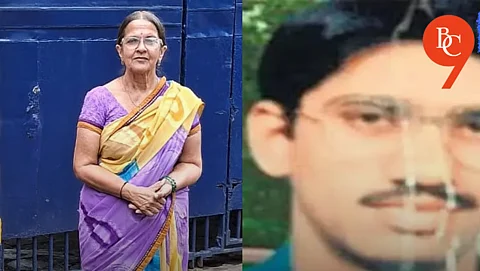

The release of Leena Devasthali, a key figure in Pune’s infamous Dr. Deepak Mahajan murder case, has reignited public interest and debate nearly two decades after the crime shocked Maharashtra. After spending 19 years in Yerawada Central Prison, Devasthali walked free, prompting questions about the legal process, the nature of her conviction, and the grounds for her release.
The case dates back to July 2006, when renowned orthopaedic surgeon Dr. Deepak Mahajan was abducted and later found murdered. The investigation revealed a chilling plot: Leena Devasthali, then a practising lawyer, and her daughter Deepti, an aspiring model and MBBS student, lured Dr. Mahajan with a fake job offer, abducted him, and demanded a ransom of Rs 25 lakh. When their plan failed, Dr. Mahajan was killed, his body dismembered, and the remains scattered at various locations around Pune.
The mother-daughter duo was arrested on July 7, 2006. In December 2007, a Pune fast-track court sentenced both to death for abduction and murder after a sensational trial that examined 47 witnesses. However, in 2009, the Bombay High Court overturned the murder conviction, citing insufficient evidence, particularly the absence of the victim’s head and hands, which made it impossible to conclusively prove murder. The court, however, upheld their conviction for abduction and ransom, sentencing them to life imprisonment instead.
Leena Devasthali, now 65, was released after serving 19 years in prison due to the legal provision of remission. Under Indian law, life convicts can be considered for remission (early release) after serving a significant portion of their sentence, especially if they have demonstrated good behavior and there are no overriding legal objections.
Devasthali’s release was granted after her application for remission was reviewed and approved by the state’s Sentence Review Board, taking into account her 19 years of actual imprisonment and 26 years with remission (including good conduct credits) since her arrest in 2006. She was not released because she was acquitted of all charges, but because she had completed the required period of incarceration for her conviction of abduction and ransom.
While Leena Devasthali is now free, the case continues to evoke strong emotions among the victim’s family and the public. Dr. Mahajan’s widow has consistently called for the harshest punishment for those responsible, and the case remains a reference point in discussions about crime, punishment, and legal reform in Maharashtra.
